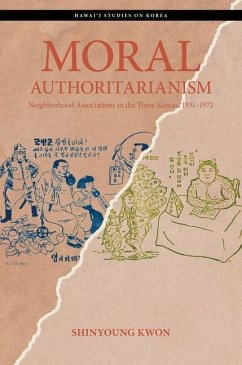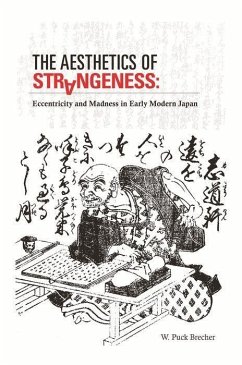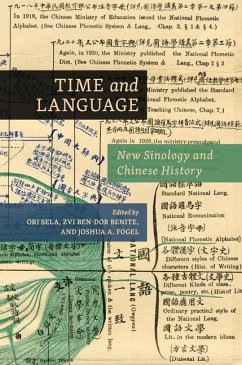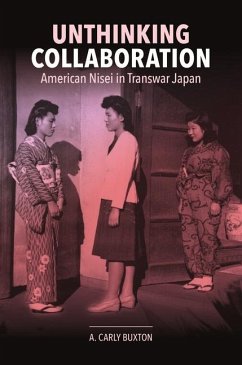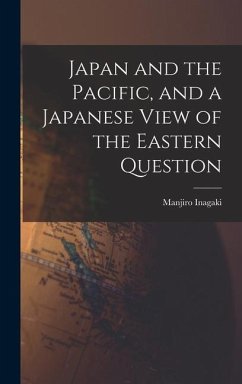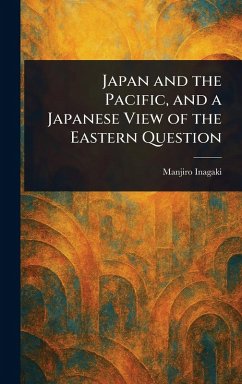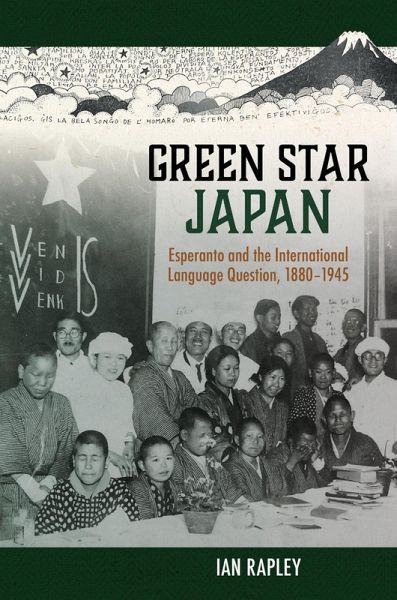
Green Star Japan
Esperanto and the International Language Question, 1880-1945
Versandkostenfrei!
Versandfertig in über 4 Wochen
70,99 €
inkl. MwSt.
Weitere Ausgaben:

PAYBACK Punkte
35 °P sammeln!
"During the first half of the twentieth century, a wide range of the Japanese populace was drawn to the possibilities offered by the proposed language known as Esperanto. Created in the nineteenth century by a European, L. L. Zamenhof, Esperanto seemed an unlikely candidate for Japanese interest, but to its advocates it was a potential solution to the international language problem: the question of how to effectively communicate across linguistic and national borders. Using the history of Japanese Esperanto up to the end of the Second World War, in Green Star Japan Ian Rapley argues that schol...
"During the first half of the twentieth century, a wide range of the Japanese populace was drawn to the possibilities offered by the proposed language known as Esperanto. Created in the nineteenth century by a European, L. L. Zamenhof, Esperanto seemed an unlikely candidate for Japanese interest, but to its advocates it was a potential solution to the international language problem: the question of how to effectively communicate across linguistic and national borders. Using the history of Japanese Esperanto up to the end of the Second World War, in Green Star Japan Ian Rapley argues that scholars of modern Asia should pay serious attention to both Esperanto and the international language problem. One key aspect of Japan's modernization was its growing contact with the wider world, not just with the West but with countries across the globe. The increasingly complex networks of these transnational interactions involved trade, diplomacy, and intellectual flows; each contact required the identification of some common medium of communication. Esperanto was designed to be as easy to learn as possible, with a simple grammar and system of word formation, and none of the idiosyncrasies and irregularities that accumulate over time in unplanned national or regional languages. This appealed to many Japanese who discovered that to be modern meant being a student of one or more foreign languages. Japanese Esperantists were active at the League of Nations, in the Soviet Union, and in villages across Japan. They wrote essays and letters, traveled internationally, built friendships, taught classes, and made radio broadcasts. Green Star Japan offers a new approach to understanding Japan's global modernity, by closely examining the efforts to spread a language designed to bring peoples of the world together. This work will interest scholars and students of modern Japanese and East Asian history, and especially within the vibrant fields of transnational/global history and the history of language"--





